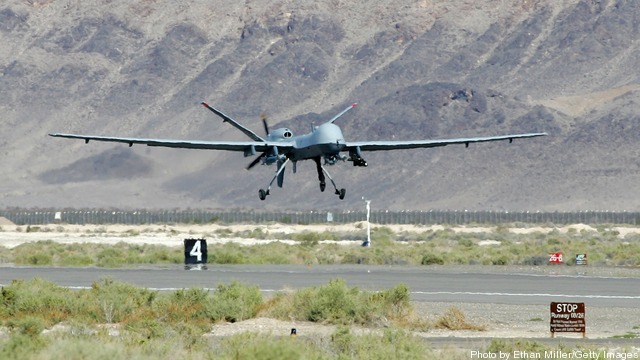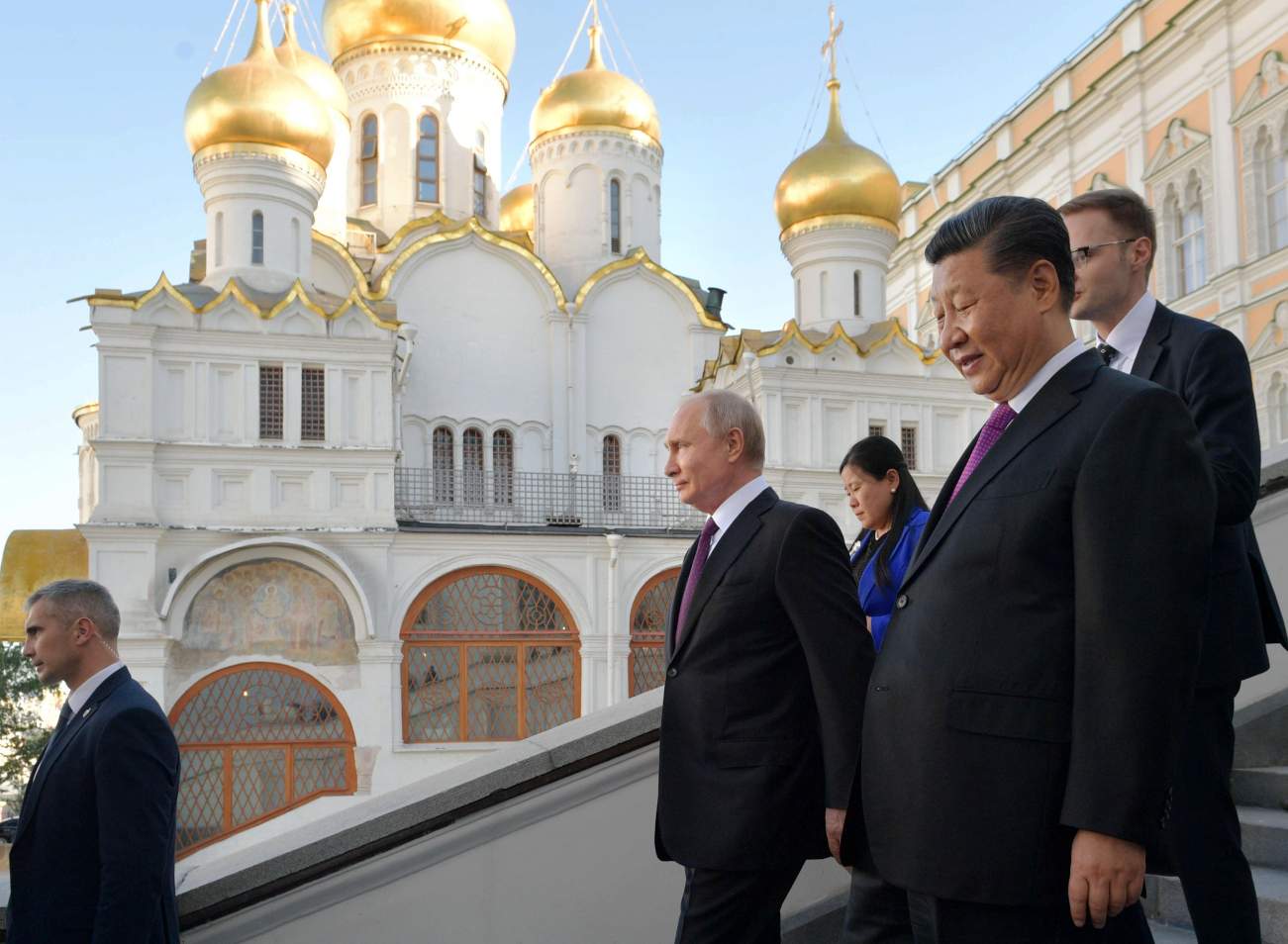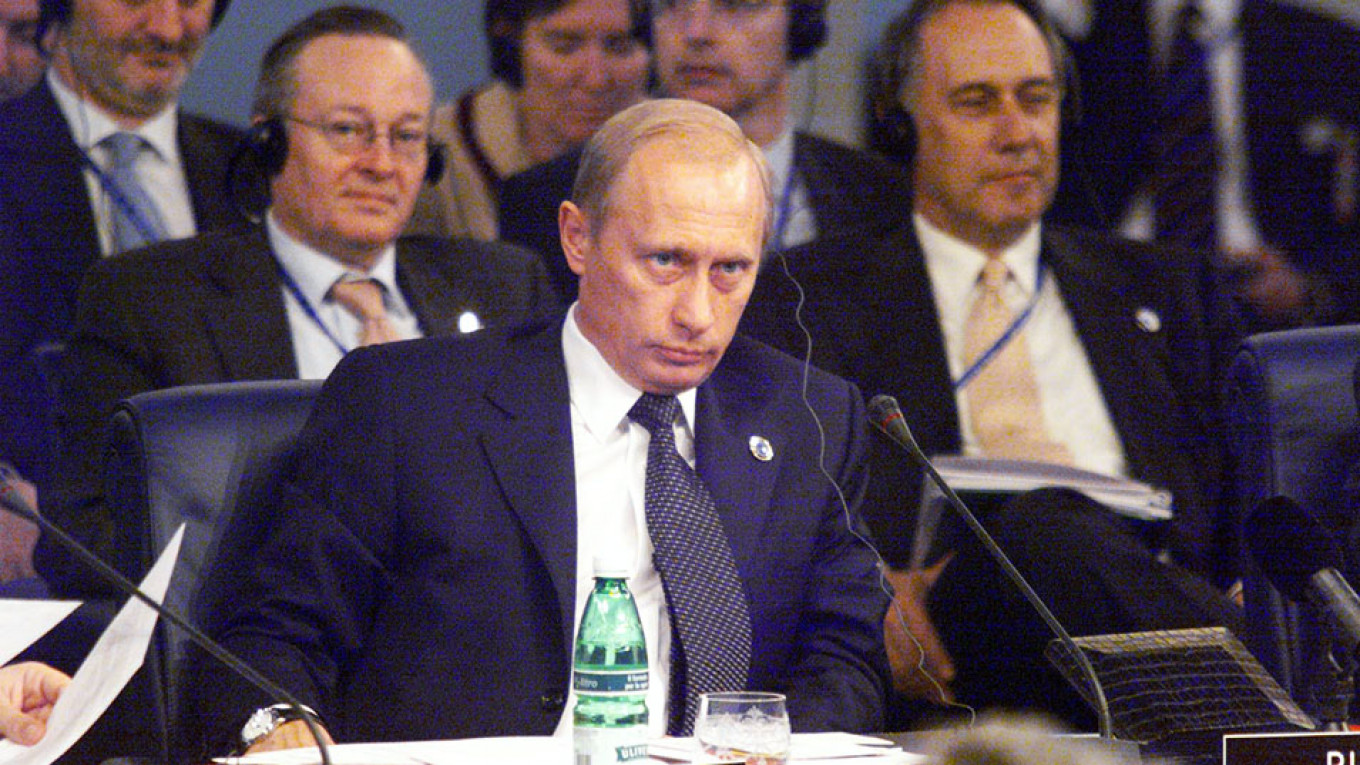By THERESA HITCHENS
MQ-9 Reaper drone flies from Creech AFB
 WASHINGTON: The Pentagon and India’s Ministry of Defense are working together to “tailor” a standardized version of the Predator B Reaper attack drone for use by all three Indian armed services, with officials actively discussing how to finalize the long-planned sale.
WASHINGTON: The Pentagon and India’s Ministry of Defense are working together to “tailor” a standardized version of the Predator B Reaper attack drone for use by all three Indian armed services, with officials actively discussing how to finalize the long-planned sale.
Key to revising, and finalizing, export of the armed unmanned aerial vehicles (UAVs) is the ongoing effort by the Indian Army and Air Force to define their requirements, and the parallel work by India’s MoD to ensure that the sophisticated drone systems can work with current service platforms and systems, says Ben Schwartz of the Chamber of Commerce’s U.S.-India Business Council.




















